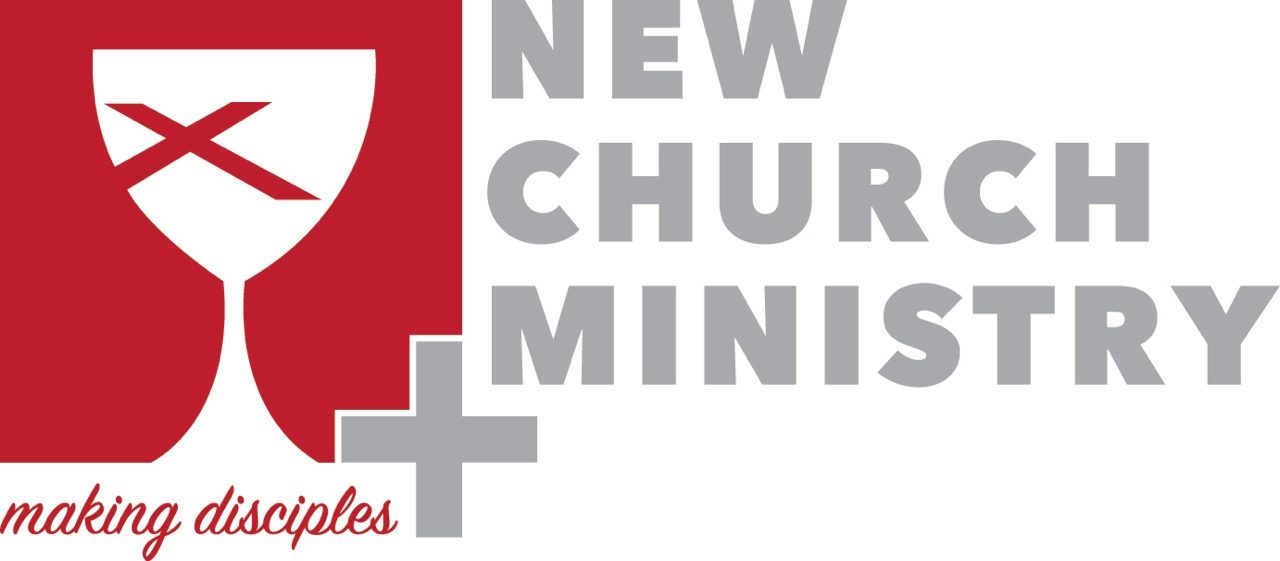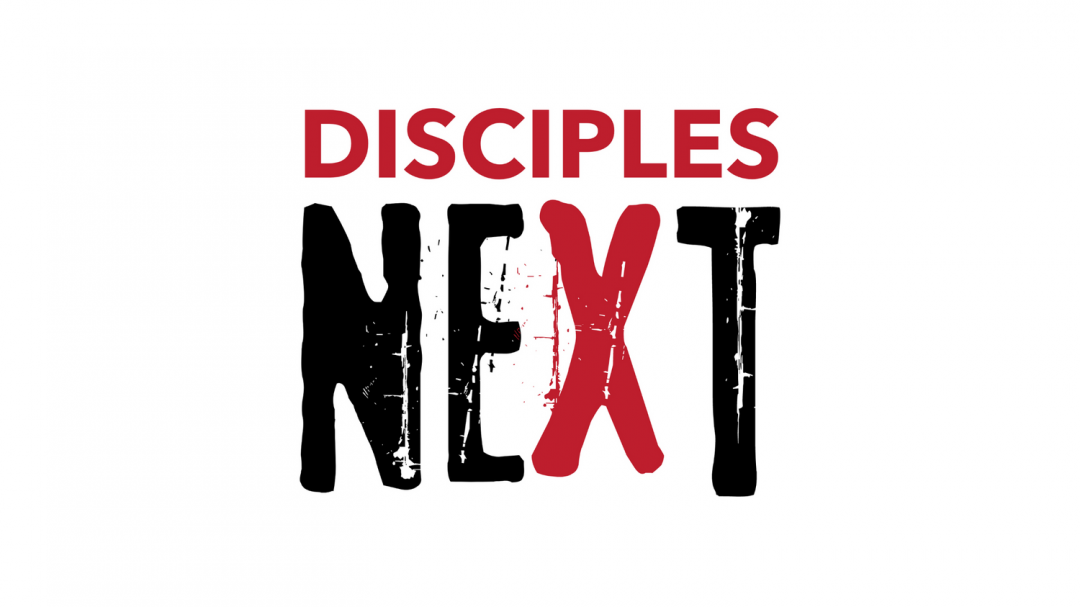When the Christian Church (Disciples of Christ) in the United States and Canada reached the two-decade goal of “starting 1,000 churches in 1,000 different ways,” we might have relished celebrating our achievements. But 2020 was also marked by a racial reckoning, a climate crisis, and a global pandemic. Meanwhile, the work of the 2020 Vision was far from complete. So, New Church Ministry began shaping a framework for the future, informed by the crises of the day, yet based on Disciples fundamentals: our identity, vision, and mission.[1]
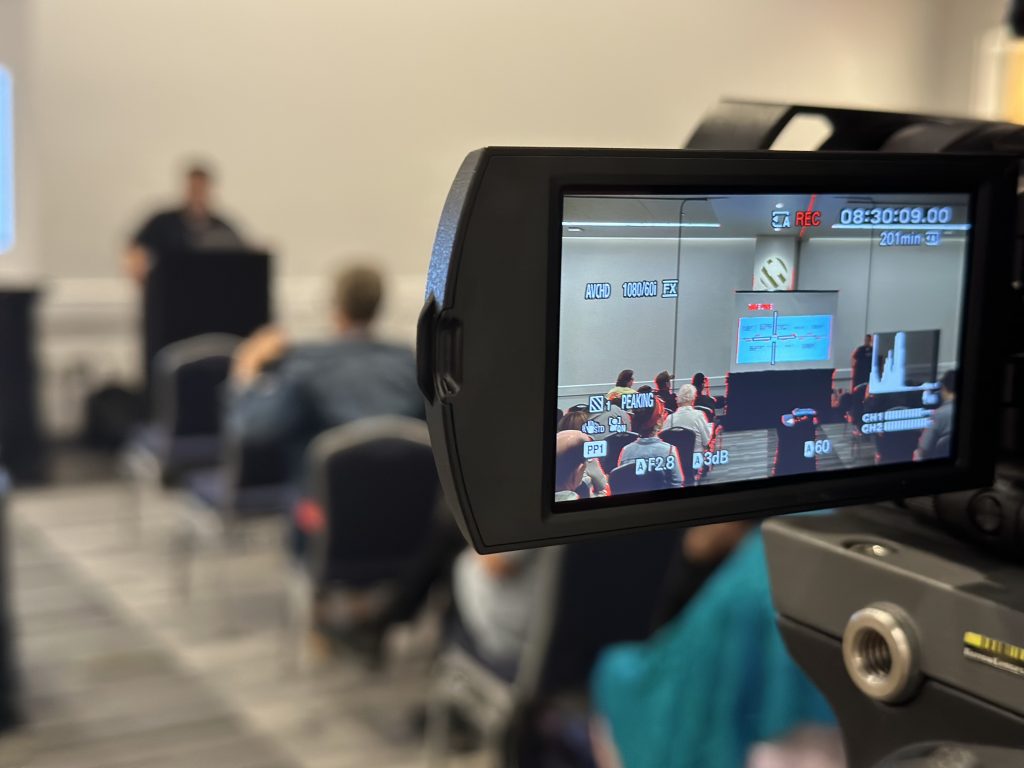
DisciplesNEXT — which draws upon our core identity as a “movement for wholeness in a fragmented world” — strives to counter the church’s historic tendency to colonize as a means of growth. Instead, DisciplesNEXT offers a methodology to train leaders as movement initiators that foster faithful communities; communities that exhibit the marks of the faithful church: true community, deep Christian spirituality, and a passion for justice.
While this movement will, naturally, take many forms, New Church Ministry aims to approach today’s challenges by equipping leaders to live into the Disciples Mission: “To be and to share the good news of Jesus Christ, witnessing, loving, and serving from our doorsteps ‘to the ends of the Earth’.”
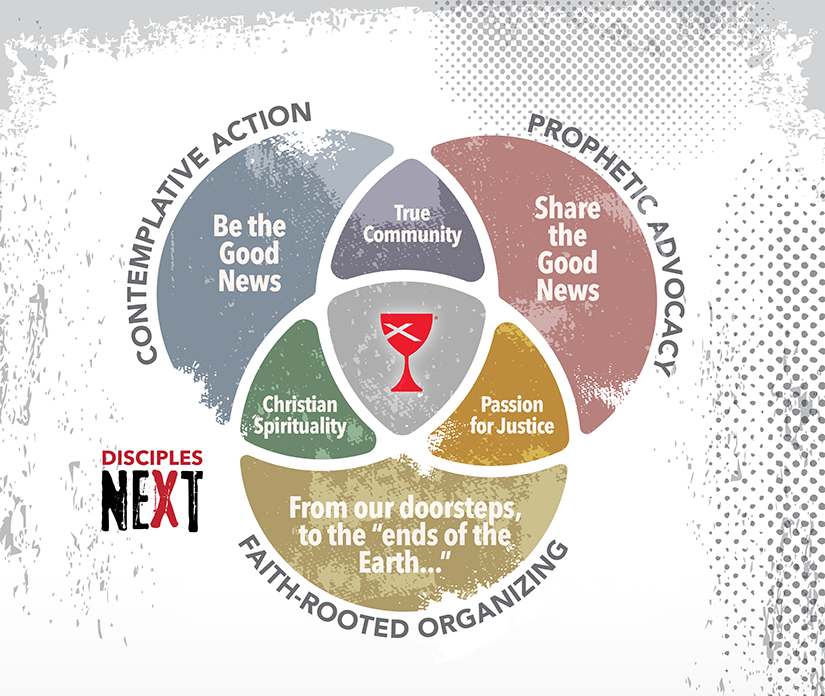
To equip Disciples movement initiators DisciplesNEXT will foster three core competencies in our leaders: Contemplative Action, Prophetic Advocacy and Faith-Rooted Organizing.
Contemplative Action
This competency is aligned with “Be the Good News” of our Mission. Not only is spiritual formation crucial for leaders starting new faith communities, but those spiritual disciplines and practices also motivate the faith community.
Prophetic Advocacy
This competency is aligned with “Share the Good News.” Prophetic Advocacy pushes the idea of evangelism a step further: mobilizing new faith communities to act in ways that transform the lives of everyone in the community where the church serves.
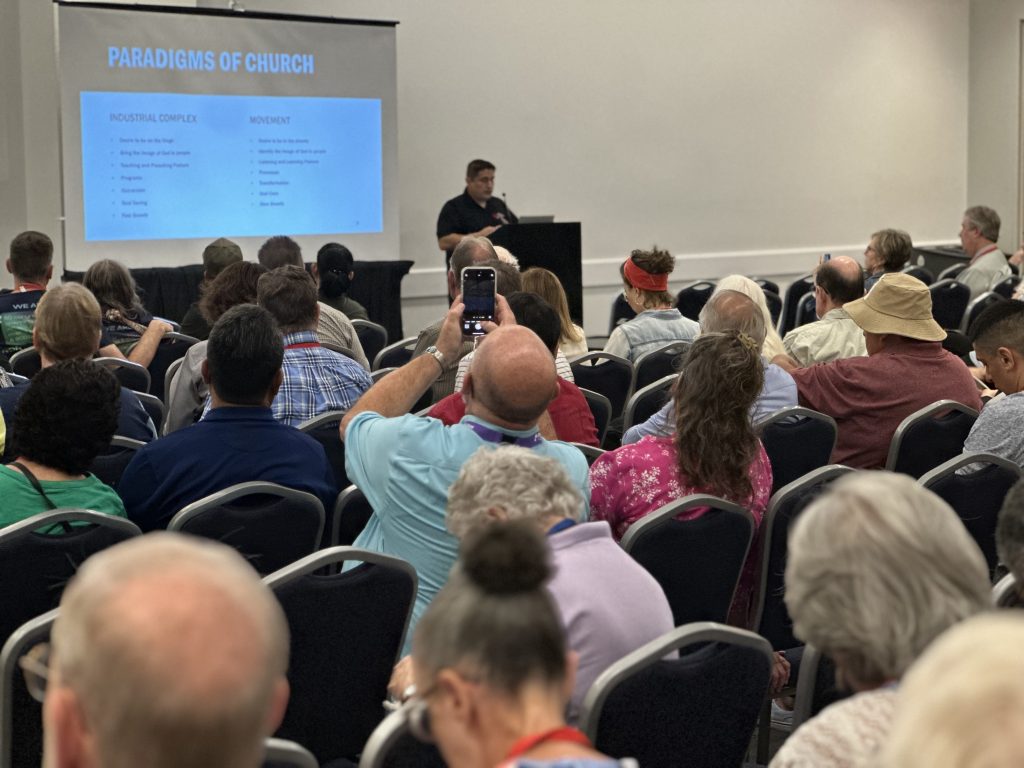
Faith-Rooted Organizing
This competency is aligned with “Serving from our doorsteps to the ends of the Earth.” Faith-rooted organizing focuses people of faith on the common good. Developing core competencies in faith-rooted organizing empowers faith communities in works of justice, compassion, unity, and reconciliation.
